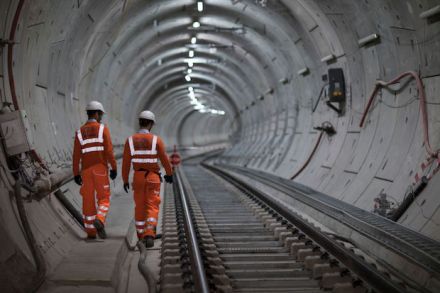Building societies are feeling the squeeze – but don’t discount these underdogs just yet
Barely a month goes by without a new banking firm popping up. And while some are interesting, and a few perhaps revolutionary, most have simply rolled out mortgage and savings products in an attempt to muscle in on the home turf of the UK’s building societies. Add to the mix a fast deteriorating High Street environment, and there’s little doubt that building societies are starting to feel the squeeze. But far from being cowed, the mutual sector is gearing up to take on the new kids on the block, in a battle that cuts to the heart of what our society in 2018 really stands for. Since the birth of



















